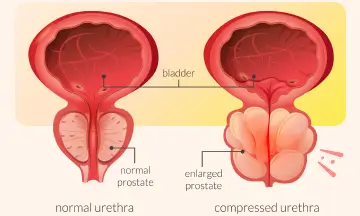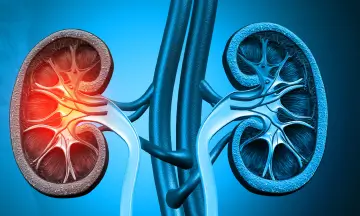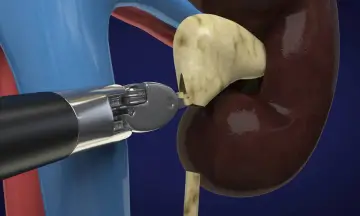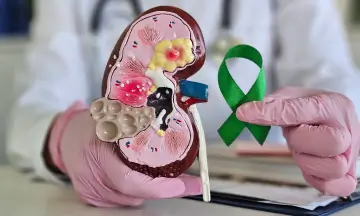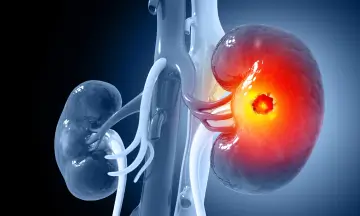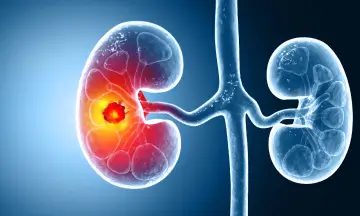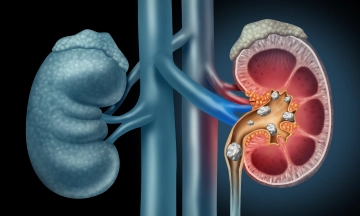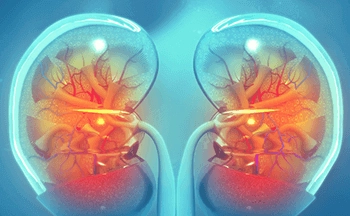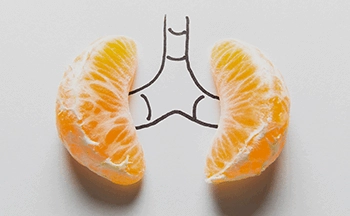
Renal transplantation is a medical procedure that involves transplanting a healthy kidney from a donor to a patient whose kidneys have failed due to chronic kidney disease or other medical conditions. This procedure has proven to be much better than dialysis for patients with end-stage renal disease for a variety of reasons.
Dialysis is a life-sustaining treatment for patients with end-stage renal disease that removes waste and excess fluid from the blood when the kidneys can no longer perform this function. While dialysis can prolong life, it is not a cure for end-stage renal disease and requires frequent, time-consuming sessions that can impact a patient’s quality of life. On the other hand, renal
transplantation is a one-time procedure that can provide patients with a new kidney that functions like a normal kidney, eliminating the need for dialysis altogether.
Who Needs to Undergo Renal Transplantation?
Renal transplantation is recommended for individuals who have lost most of their kidney function and are unable to maintain adequate blood filtration and fluid balance in the body. Renal transplantation is typically considered for patients with end-stage renal disease who are under the age of 70 and who are healthy enough to undergo surgery.
The most common causes of end-stage renal disease include:
Diabetes: Diabetes is a chronic condition that can cause kidney damage over time. When diabetes is not well-controlled, high levels of blood sugar can damage the tiny blood vessels in the kidneys, which can lead to end-stage renal disease.
High Blood Pressure: High blood pressure can damage the blood vessels in the kidneys, leading to renal disease. People with high blood pressure should have regular kidney function tests to monitor for any signs of kidney damage.
Chronic Glomerulonephritis: This is a group of diseases that cause inflammation and damage to the kidney & filtering units (glomeruli). Over a period of time, this can cause kidney damage.
Polycystic Kidney Disease: This is an inherited condition that causes cysts to form in the kidneys, which can eventually lead to end-stage kidney disease. Autoimmune Diseases: Certain autoimmune diseases, such as lupus, can cause inflammation and damage to the kidneys, leading to renal disease. Untreated Kidney Stones: Left untreated, kidney stones can block the ureters or make them narrower. This increases the risk of infection, or urine may build up and put added strain on the kidneys. These problems are rare because most kidney stones are treated before they can cause complications.
Chronic Recurrent Kidney Infections: Some people develop a chronic infection of the kidney that is very stubborn and hard to get rid of. A continuing problem with a kidney infection is called chronic pyelonephritis. Having a severe kidney infection or repeated kidney infections can damage the kidneys. They can lead to chronic kidney disease.
Dialysis vs Kidney Transplant: Why Renal Transplantation is Better Than Dialysis?
Here are a few reasons why renal transplantation is better than dialysis:
Better Quality of Life: Patients who undergo renal transplantation have a better quality of life than those who are on dialysis. They can resume normal activities and can eat and drink without restriction. Additionally, patients who undergo renal transplantation do not have to worry about scheduling dialysis treatments around their work, school, or social lives.
Long-Term Health Benefits: Renal transplantation has long-term health benefits that dialysis does not. Patients who undergo renal transplantation have a lower risk of developing cardiovascular disease, infections, and other complications associated with end-stage renal disease.
Cost-Effective: Although renal transplantation is initially more expensive than dialysis, it is a cost-effective long-term solution. Patients who undergo renal transplantation have a lower risk of developing complications, which can result in fewer hospitalizations and lower healthcare costs over time.
Improved Survival Rates: Renal transplantation has a higher survival rate than dialysis. Studies have shown that patients who undergo renal transplantation have a longer lifespan than those who remain on dialysis.
Increased Independence: Patients who undergo renal transplantation are more independent than those on dialysis. They do not have to rely on machines to filter their blood or schedule appointments with a dialysis centre. Additionally, renal transplantation provides patients with a sense of normalcy, allowing them to return to their healthy lives.
In conclusion, renal transplantation is a better option than dialysis for patients with end-stage renal disease at Sakra wold hospital which is the best dialysis hospitals in Bangalore. It provides patients with a better quality of life, long-term health benefits, and higher survival rates. While not all patients are eligible for renal transplantation, those who are should consider this life-changing procedure as a viable option.




